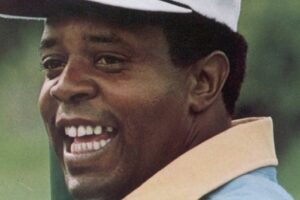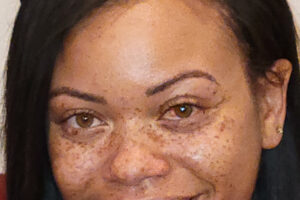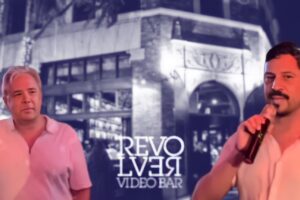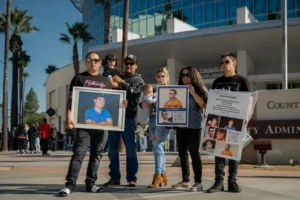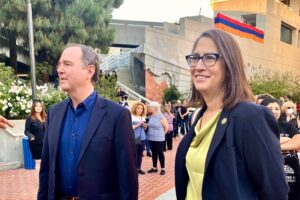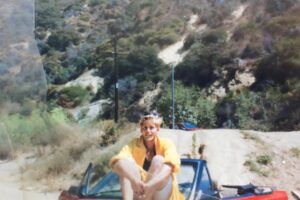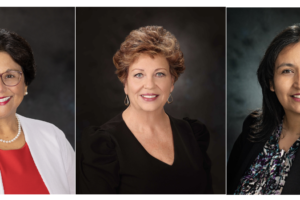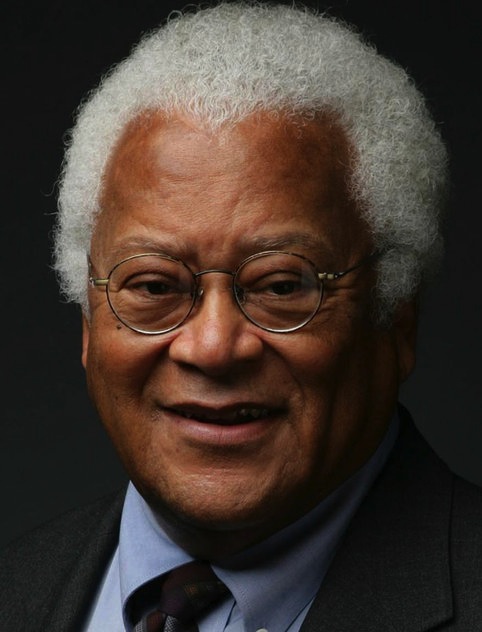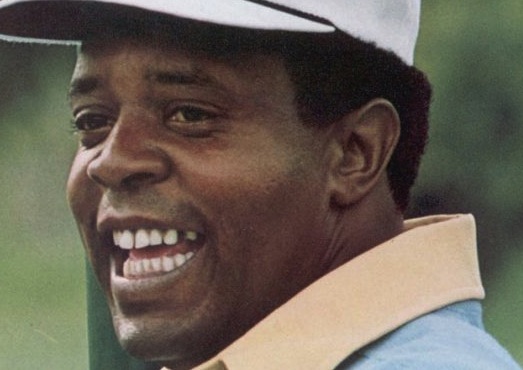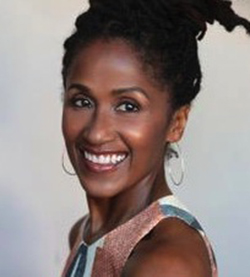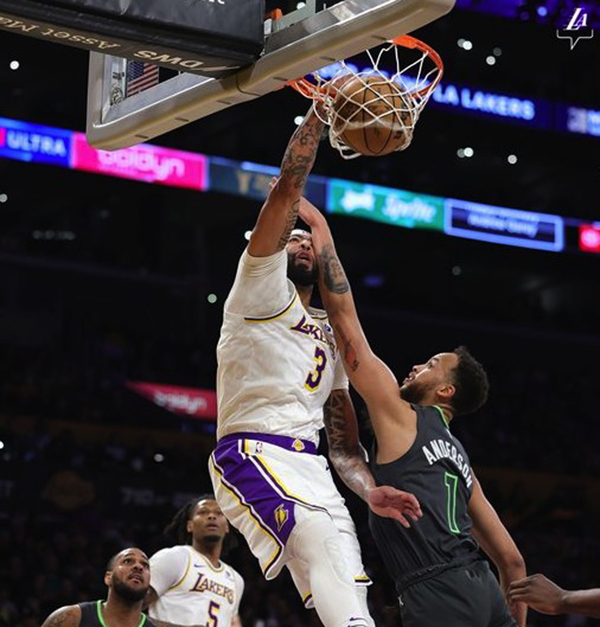By Darlene Donloe
Contributing Writer
Talking to Rev. James M. Lawson is like taking a walk through a history book on civil rights.
He has a million stories to tell about his lifelong commitment to the movement — and they all make for an intriguing, passionate and splendid historic yarn.
An outspoken civil rights activist, Rev. Lawson, who, at 93, continues to have a front-row seat to history, is affectionately credited as the architect of the civil rights movement.
On June 30, the Los Angeles Urban League will honor Lawson at its 47th annual Whitney M. Young Jr. Awards Dinner. The black-tie gala raises funds for the Los Angeles Urban League and its community outreach programs.
“Reverend James Lawson is iconic,” said Michael Lawson, president and CEO of the Los Angeles Urban League. “He taught the civil rights movement in America how to use non-violence as a powerful tool to advance advocacy for equality and justice. This year, the Los Angeles Urban League’s 101 year of service, we couldn’t have honored a more deserving American hero.”
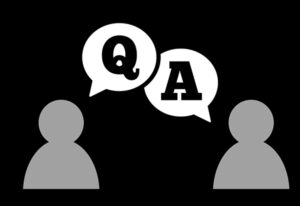
A stalwart leader in the nonviolent struggle for social change, Lawson worked closely with the Rev. Martin Luther King Jr. and John Lewis in the fight for racial equality.
Lawson, who was born in Ohio and raised in Uniontown, Pennsylvania, staged the first sit-in at segregated lunch counters in downtown Nashville alongside Lewis and human rights activist Diane Nash.
Through his nonviolence principles, Lawson helped shape every sit-in, freedom ride, march and other milestone during the civil rights era. It was Lawson who called on King to speak at the Memphis sanitation strike.
Lawson, who knew from the time he was in junior high that he was “anti-prejudice and anti-war,” spent 13 months in federal prison for refusing the Korean War draft.
When he got out, Lawson went to India to study Gandhi’s nonviolence principles. When he returned he went to divinity school at Vanderbilt University where he met King, who told him his principles of peaceful resistance were needed to define the movement in America.
Having fought all his life, Lawson, who retired from the pulpit of Holman United Methodist Church in Los Angeles in 1999, continues to champion the outcry for racial justice and what he calls the politics of God.
Lawson was in good spirits when I interviewed him recently. We discussed the Urban League honoring his life’s work, his monumental contributions to history and his own mortality.
DD: You are being honored this week by the Los Angeles Urban League for your tireless work. What are your thoughts on being honored? Do you deserve this honor?
JL: (Laughs) Well, recently a book was published in which the author went through my papers at Vanderbilt and drew a map where in 1958 and 1959 alone, I visited 50 cities in the southeast with the exception of Florida. That map alone indicates that I probably did more than I remember. I was in on the beginning of the emergence of the most important U.S. movement for democracy in the 20th century. On the one side, I don’t think I did as much as I needed to do.
I’m grateful and pleased about being honored. It helps me to understand I’ve done some good work, which had to be done.
DD: How long have you been a civil rights activist?
JL: It never started. I was like Dr. King. We carried on our work as pastors. There was no way for a Black man to be a pastor and not care about what his Black congregation is going through. I worked as one following Jesus, not someone doing civil rights.
DD: Does it ever hit you that you are one of the last living icons of the civil rights era? Do you think about your mortality?
JL: Yes. I recognize I’m at the tail end of my life. I have two or three more tasks that God wants me to finish. When those are done. I know I’m always close to death. I’m 93. I think of it all the time.
DD: Can you tell me one of the tasks you have to complete?
JL: Number one is to write a memoir. I have a contract with a publisher and a collaborator trying to write it. The goal is to get the first manuscript done. I have a lot of stories that are not known. I’m the only one who knows the story because I was the only one who was there. The story about how the March on Washington happened has never been told. No one reported on it because no one knew.
DD: You often talk about the politics of God. What does that mean?
JL: People who trust God and follow Jesus will use their lives to walk with God rather than with Donald Trump or Joe Biden. They will not support racism or plantation capitalism.
DD: Let’s talk about your legacy. What do you hope it will be?
JL: Besides my family, I hope it will be that we Black people will acknowledge that we have fought slavery with a nonviolent spirituality and nonviolent behavior.
DD: Your thoughts on Black Lives Matter.
JL: They put on the best campaign in 2021 we’ve ever had in the U.S. It was non violent no matter what Republicans and racists and segregationists try to say. It was the largest and the best nonviolent campaign the nation has ever had.
DD: You have fought for immigrant, gay and women’s rights. Roe v. Wade was just overturned. Your thoughts?
JL: The religion of Jesus does not allow for us to beat up on women. It declares that Mary and every Mary of the world are equal in the sight of God. The Marys must be allowed to manage their own lives in the family and in the community.
DD: In 1968 you spoke against police brutality. It’s 2022 and … Thoughts?
JL: It’s still happening too often. We must have active campaigns to stop it. Too many white people and too many police don’t see the killing of a Black person as an evil. That’s why it continues. We have a lot of work yet to do.
DD: Has America lived up to its promise?
JL: No! America has never been a democratic society because racism and sexism and violence and plantation capitalism — they all still exist. They are complicated by the influence they have on one another. There are still too many Black men who think women are inferior. ‘Do what we say.’ Too many participate in that sexism of subjugation of women. We can’t eradicate racism without getting rid of male domination and sexism or violence.
DD: You’ve said there was lots of danger and that you didn’t expect to make it to your 40s. If so, how did you live with constant fear?
JL: I didn’t have constant fear. I had some attacks of fear at different times but basically, as I moved into work again and again I was freed of fear. Fear did not paralyze me. I often made trips into Mississippi in the 60s by myself driving my own car during the day and night. I had counseling workshops in Mississippi. I did workshops in Fannie Lou Hamer’s home. I never stopped and I had no fear. I sometimes kick myself. I said to myself, ‘You are crazy. What was wrong with you, man?’
DD: James Earl Ray was accused of killing Dr. King. People would probably be shocked to know that you officiated over his wedding and funeral. Why did you?
JL: He asked me to. My son heard him ask me over the phone. When the call was done, I asked my family what I should do. Our son John said, “If you believe that stuff you’ve been preaching, you’ll do it.” So, I maintain, that I had no choice.
Ray was a victim of the plot. The CIA or FBI selected him to take the fall. I visited him in prison a number of times when he was sick. By that time, he had expressed his appreciation for my visiting him. It was for my recognition of his truth that he did not plan or shoot Martin Luther King Jr. He said he knew nothing about it.
DD: What is, or should be, the most pressing issue in the Black community?
JL: I think what Black Lives Matter has put on the agenda is the most pressing issue. Innocent people must stop being killed by the police. Innocent people must not be arrested and sent to prison. Over one million Black men are in prison. I maintain half of those are with charges that white men are not in jail for. Stop practicing racism in the criminal and civil court system. The killings of Black people ought to be the number one issue. Stop the racism.
DD: Are you tired of fighting?
JL: Nah. Still as passionate, but not as active.
DD: Do you think there will ever be equality and peace on Earth?
JL: If my country is transformed into a Democratic society, we have a great chance of establishing an Earth that is more in tune with God’s will.
“The Q&A” is a feature of Wave Newspapers asking provocative or engaging questions of some of L.A.’s most popular newsmakers or celebrities.
Darlene Donloe is a freelance reporter for Wave Newspapers who covers South Los Angeles. She can be reached at ddonloe@gmail.com.

